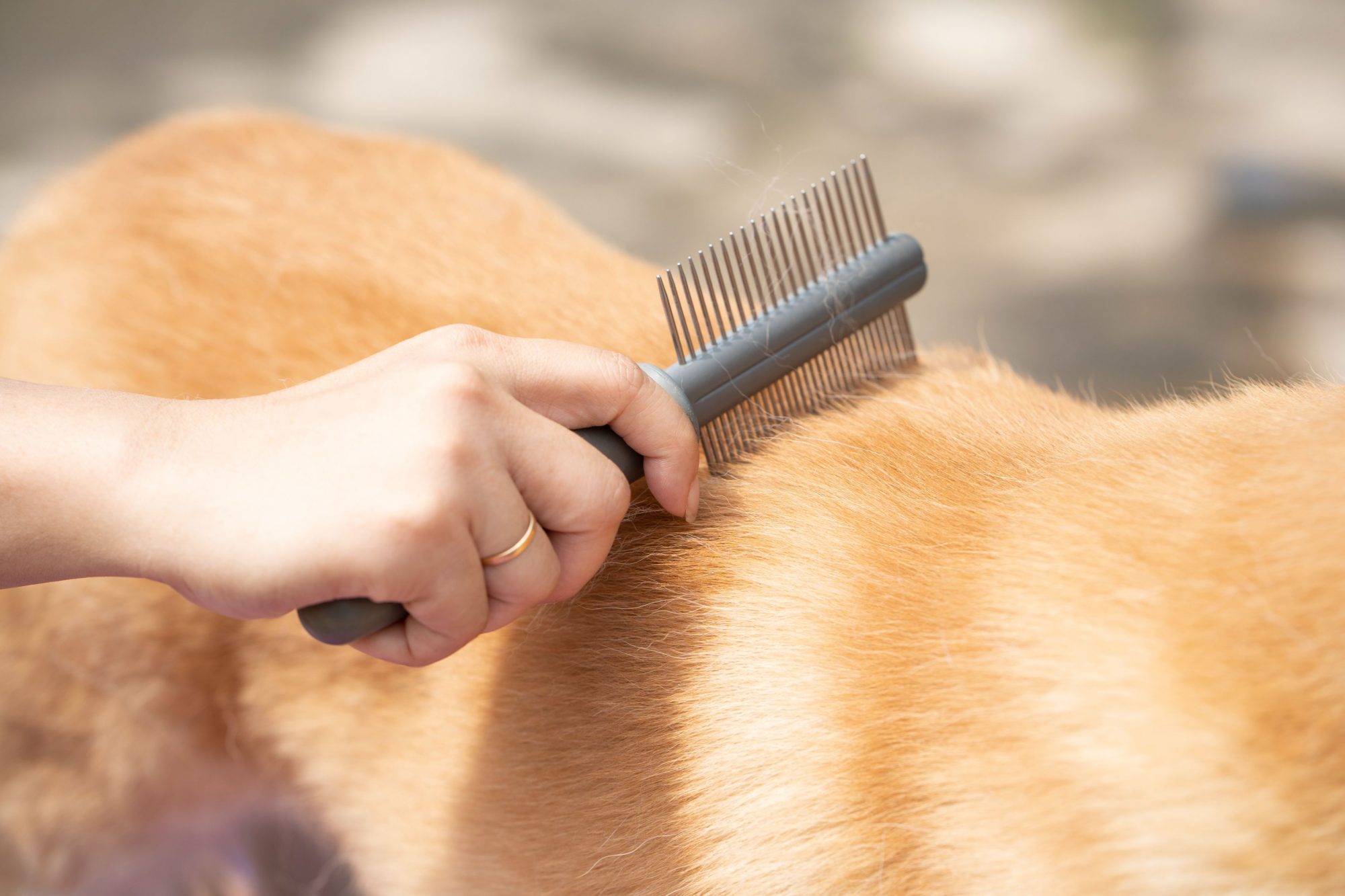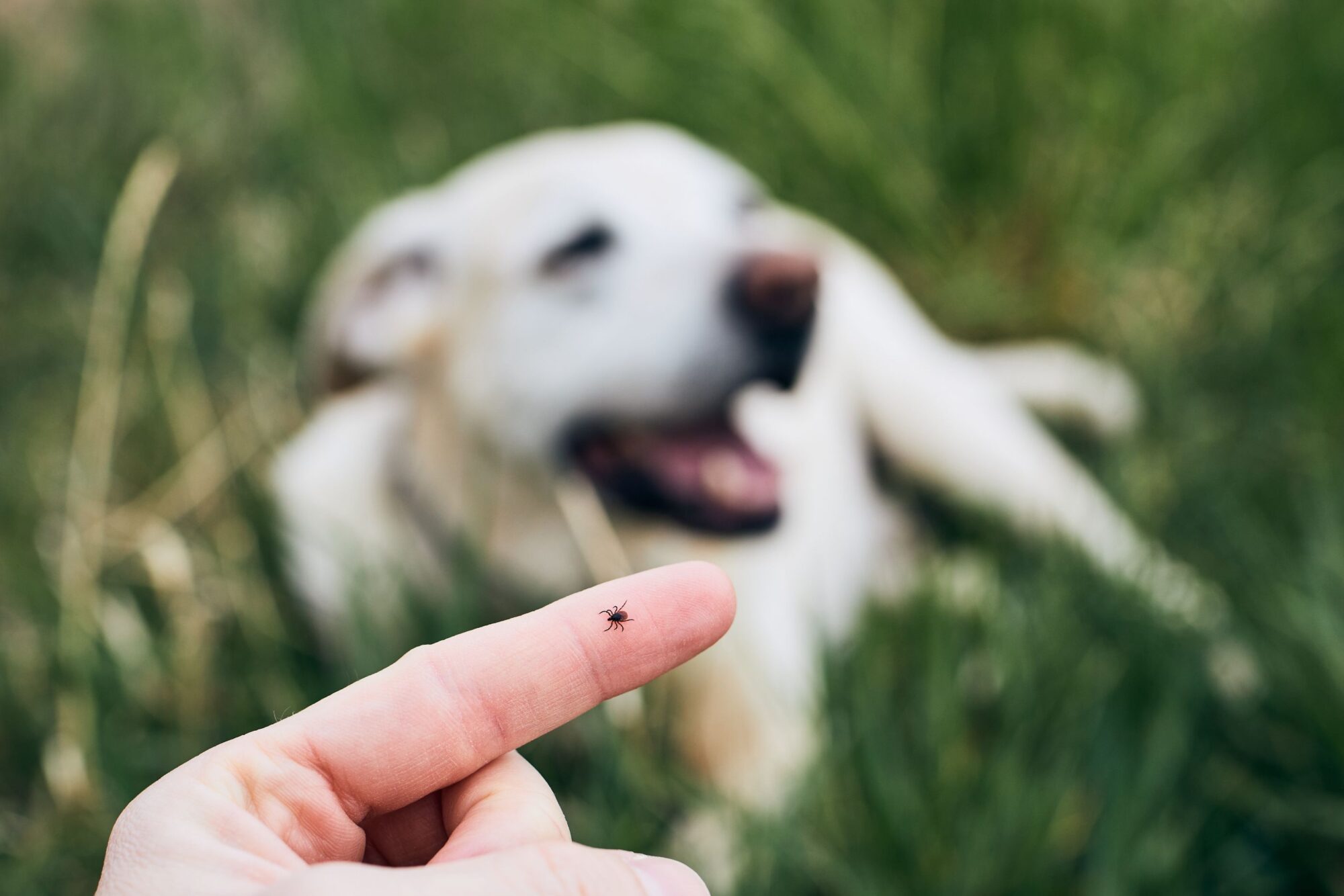Posts in Category: Seasonal Pet Care
Keeping Cool: Summer Foods for Pets to Avoid and Some to Try

It’s summertime and the temperatures are high. Many of us try to cool off with a tasty, chilly treat, and it is only natural to want to include your pets. Not all summer pleasures are pet friendly, though. Leon Valley Veterinary Hospital wants to make sure that you know what summer foods for pets to avoid and what special treats are pet-safe.
Continue…Keeping Cool Paws: Prepping Pets For San Antonio’s Sizzling Summers

At Leon Valley Hospital, we understand that San Antonio’s summers are a concern for humans and pets alike. As the mercury rises, so does the challenge of keeping our furry friends cool and comfortable. But with some knowledge and preparation, your beloved companions can enjoy the sunny season just as much as you do.
Continue…Summer Grooming

Summer is a time for fun in the sun and spending quality time with your furry friends. But as the temperatures rise, so does the importance of pet grooming.
Proper grooming can help your pet stay cool and comfortable during the summer months while also preventing skin problems and other health issues. In this blog post, the Leon Valley Veterinary Hospital team discusses the importance of keeping your pet groomed during the summer and offers some tips to make it a bit easier.
Continue…Pet Safety Tips for a Texas Summer

If there’s one thing that Texans know, it’s how to survive the heat. Learn how to prepare your pet for hot days, too, with Leon Valley Veterinary Hospital’s favorite tips for summer pet safety.
Summer Pet Safety Considerations
When enjoying time with your pet this summer, it is a good idea to be aware of potential pitfalls that can ruin your good time. Take notice of:
- Table scraps at outing and barbeques
- Motor vehicles
- Unattended swimming spots that can be drowning hazards or harbor algae
- Dirty water that can irritate the skin or cause gastrointestinal problems
- Parasites like fleas and heartworms
- Sunburn
- Damage to paws from hot pavement, sand, etc.
- Overheating
How to Prepare Your Pet for Hot Days
Pets can become acclimated to the heat. Allowing them to have short, supervised stints outdoors can help them to gradually tolerate longer outings.
If you are wondering how long your pet can stay out in the sun, the answer can vary quite a bite among individuals. Pets that are overweight, very old, very young, have a short nose, or have health problems are at greatest risk of heat exhaustion. Choosing to center your activities around the cooler parts of the day is helpful.
Avoid shaving your double-coated pet. Fur provides protection from the sun, and, believe it or not, actually insulates against the heat.
Any time you head outdoors with your pet, be sure that they have access to shade or shelter and a supply of cool, fresh water. Never leave your pet outdoors unattended for any length of time and remember that even a minute alone in a vehicle is too long.
Heat exhaustion, or heat stroke, is a very real danger for pets in the summer months. It can have devastating consequences.
It is important to recognize early signs that your pet may be overheating. As body temperature rises, animals often:
- Become restless
- Pant
- Have increased heart and respiratory rates
- Drool
- Experience vomiting or diarrhea
If you notice these things, it is definitely time to get your pet out of the heat. Unchecked, these symptoms can progress to weakness, incoordination, gasping for air, seizures, coma, and even death.
It is important to contact us immediately if you are concerned that your pet may be overheated. Cool towels may be placed under the belly and on the paws to help bring the body’s temperature down, but the animal must be treated by a professional as soon as possible.
Keep yourself and your pets cool this summer and avoid an emergency situation. A little planning can help to avert a major crisis.
Continue…How to Prevent Lyme Disease in Pets

Even folks that don’t consider themselves “outdoorsy” find themselves under the great big blue sky every once in a while. One drawback to the natural world is our vulnerability to bugs. While we can swat at flies or run away from wasps, ticks lie in wait for us to simply walk by their perch. Unlike leaping fleas or hovering mosquitoes, ticks hide themselves well and are extremely patient for their next blood meal to arrive.
Continue…Our Best Ideas for Holiday Gifts for Your Pet

Leon Valley Veterinary Hospital loves spoiling our personal pets as well as our pet patients. If you are on the hunt for the best gifts for your pet this holiday season, we have a few ideas to share. Let us know what you think!
Holiday Pet Safety: Our Top 3 Hazards to Avoid

“I want to take my pet to the emergency hospital for the holidays!” said no one ever. Leon Valley Veterinary Hospital is here for you with all of our pet safety tips for the holidays to help keep things merry and bright and far away from the animal hospital.
Continue…How to Deal With Fly Bites

Black flies (sometimes called buffalo gnats) can ruin a backyard barbecue and make our pets extremely uncomfortable. These little buggers bite, and they like to zero in on a pet’s tender areas, like their ears, noses, tummies, and rumps. Working dogs on farms are the most commonly affected, but black flies can attack any pet at any time. Although black flies don’t transmit diseases like ticks and mosquitoes, their bites can lead to secondary infections—or worse for pets allergic to them.
Continue…3 Ways to Help Your Dog Deal With Allergies

Itchy, watery eyes, red skin, or a symphony of sneezes could signal that your canine companion is battling allergies. Our team at Leon Valley Veterinary Hospital is here to help you get to the root cause of your pup’s itching and scratching. By working together, we can alleviate those uncomfortable symptoms of dog allergies.
First, let’s talk about common allergens and their related symptoms. Then, we’ll cover three ways to curb that chronic discomfort and get your itchy dog back to his playful, happy-go-lucky self.
Continue…Treat Your Cat’s Allergies in Three Steps

Allergies are unquestionably irritating to pets and people alike. They have the potential to completely ruin a day, but if left alone, allergies can create long-term health complications. While they can be uncovered early on in life, cats can develop allergic reactions at any time and for many possible reasons. We’ll go into the most likely causes and the three best ways to treat your cat’s allergies.
Continue…

